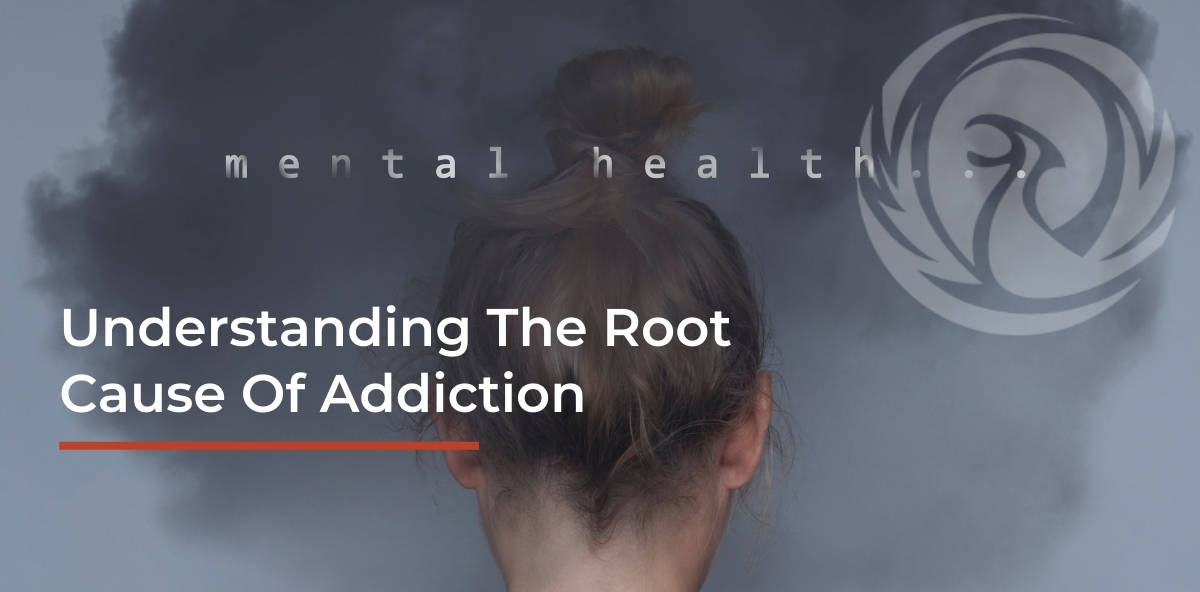Addiction can prevent someone from experiencing meaning in life, ruin relationships, and lead to serious health complications. When faced with your own or a loved one’s addiction, you may wonder what are the root causes of this crippling chemical dependency. The truth is it’s complicated, and many factors contribute to substance abuse becoming an addiction. There are some factors that can help you understand the underlying cause of addiction, and knowing these causes can help you better comprehend what an addict is going through.
Understanding Addiction
Addiction is the compulsive need to use drugs or alcohol, even if the usage is physically harming or preventing you from finding meaning in life. The key is that addiction is compulsive and nearly impossible to stop. It’s different from substance abuse where someone uses an illegal substance but can stop. Substance abuse comes first, and the intense cravings of addiction can develop over time. Substance abuse is usually a choice, but once it develops into addiction, it’s no longer a choice.
The process of using addictive substances until it becomes an addiction actually alters the brain function and structure in a way that’s extremely difficult to overcome without help. These changes affect how you act, and it can lead to behaviors you’d never consider doing before. Since addiction causes so much damage, many studies are done on the root cause of addiction to try and find ways to prevent and help addiction.
The Root Causes of Addiction
The root causes of addiction include trauma, mental health struggles, and genetic predisposition. However, it’s important to keep in mind that there is no one cause of addiction. No one can completely predict who will become addicted after substance abuse and who will not.
None of these factors necessarily cause addiction, having trauma, mental health struggles, or specific genetics doesn’t mean you’re bound to suffer from addiction. But these factors do have strong correlations with addiction following substance abuse.
Trauma
Trauma can include physical, psychological, and emotional experiences that overwhelm your ability to cope. Trauma has a correlation with addiction. It’s important to remember that not everyone who experiences trauma will develop an addiction, but many individuals who suffer from addiction have experienced trauma. A traumatic experience or ongoing condition can lead to despair and enduring pain, and some people will turn to substances to cope with or dull the pain.
Childhood trauma in particular has a high correlation with developing an addiction later in life. About 59% of young people who suffer from PTSD (as a result of childhood trauma) will suffer from substance abuse problems that could potentially lead to addiction. This trauma (especially at such a young age) can act as a catalyst for drug and alcohol addiction. Addiction from trauma is usually a way to try to return to feeling normal and to escape PTSD symptoms caused by trauma.
Mental Health
Mental health struggles are another underlying factor that can lead to addiction. Studies have shown that 50% of those who experience mental illness will also develop an addiction at some point. About 1 in 4 individuals with a serious mental illness (such as major depression, schizophrenia, or bipolar disorder) also struggle with substance abuse and addiction.
Just as with trauma, mental illness as a child can lead to increased risk of addiction later in life. Some individuals with ADHD will rely on drugs to help them stay focused, which can lead to addiction. Mental illness and addiction can feed off of each other and worsen both. When mental illness occurs with addiction, it’s called co-occurring disorders, and it can be treated with dual diagnosis treatment.
Untreated mental illness can lead to feelings of being overwhelmed or pain, and that’s part of what can lead to addiction. The key is to seek mental illness treatment and to rely on healthy practices that can provide meaning and hope without dependency.
Genetics and Environment
Genetics can also affect addiction. Everybody’s DNA is identical except for 0.1%. But that miniscule difference can have effects on a variety of health conditions, including addiction. About 50% of your risk for drug or alcohol addiction comes from your genetic makeup. You also have a higher risk of predisposition to addiction if your parents suffered from addiction.
Growing up in an environment surrounded by drug and alcohol use can lead to an increased risk of addiction later. When substance abuse is normal in a home, children may view drug and alcohol use as something that’s not a big deal. Factors like lifestyle, diet, and stress can affect addiction as well. While genetics plays a role, the environment you live in can compound the effects.
Finding Treatment for Addiction
Addiction can affect anyone, regardless of these root causes or other factors. There’s no one cause, and there’s no single path that can lead to addiction. But however someone develops an addiction, there’s always hope and treatment available.
Addiction recovery centers can help you or your loved ones return to a life of fulfillment and satisfaction. At The Phoenix Recovery Center, we’re here to help on your journey to recovery. Our addiction recovery services, medication-assisted treatments, and addiction treatment centers provide tailored and individual treatment that can help you or your loved ones overcome addiction. Additionally, our dual-diagnosis treatment and approach can help those individuals who are dealing with both addiction and mental health issues. Contact us today to learn more.







